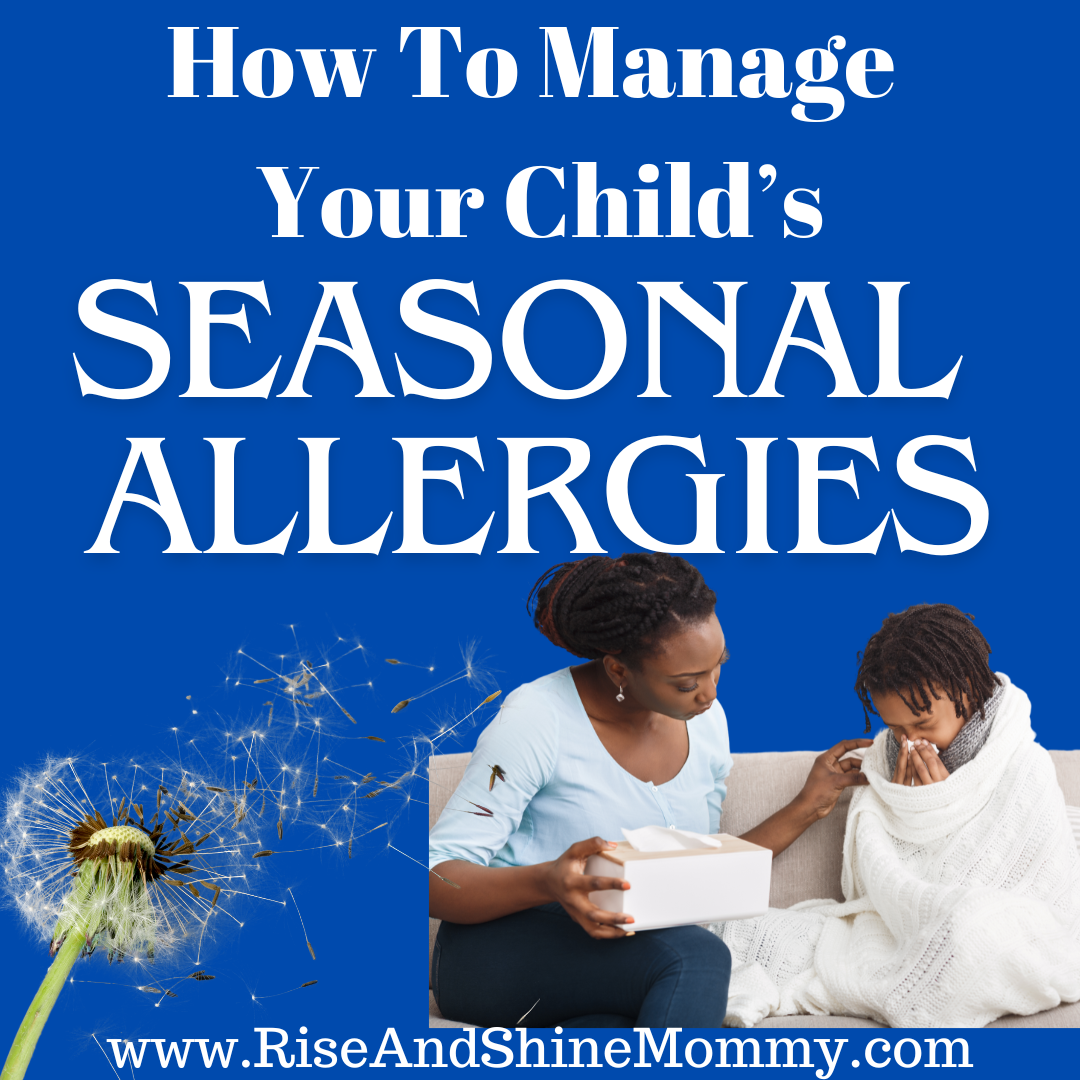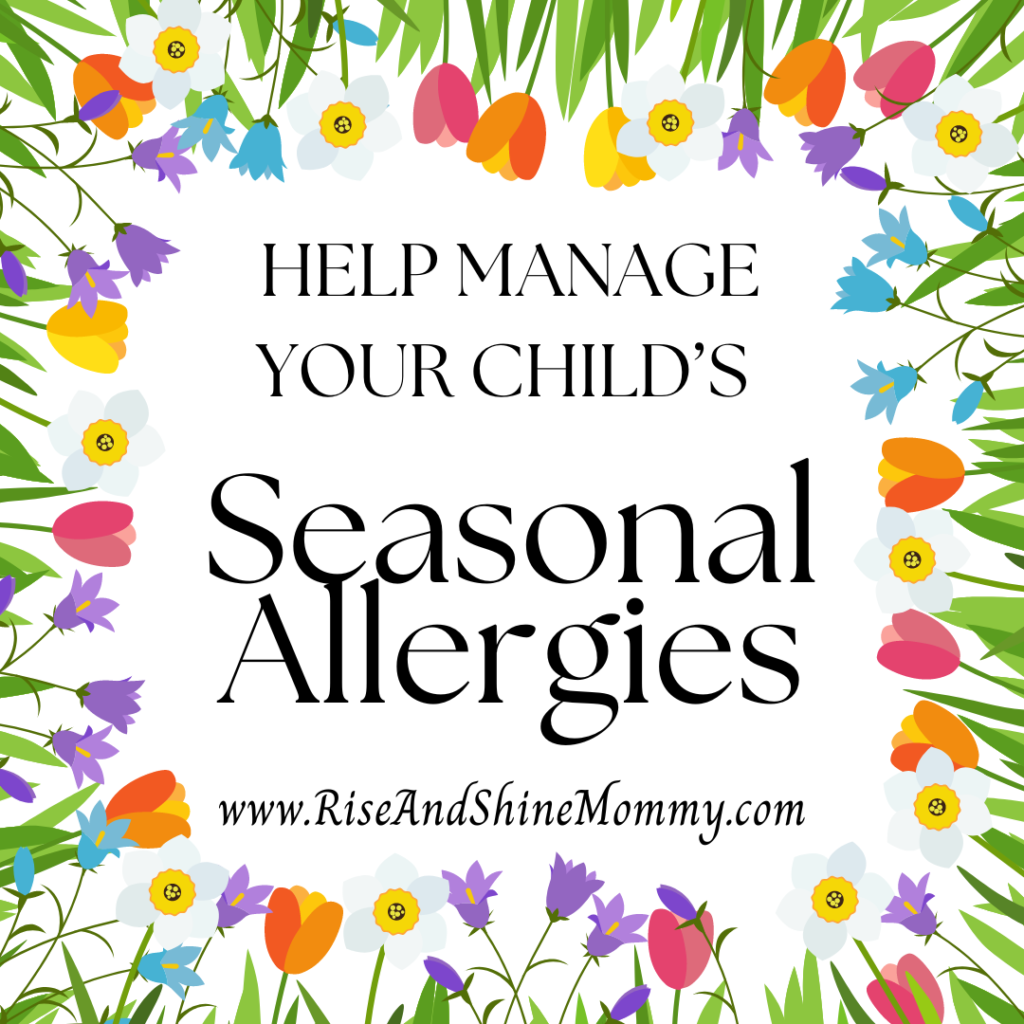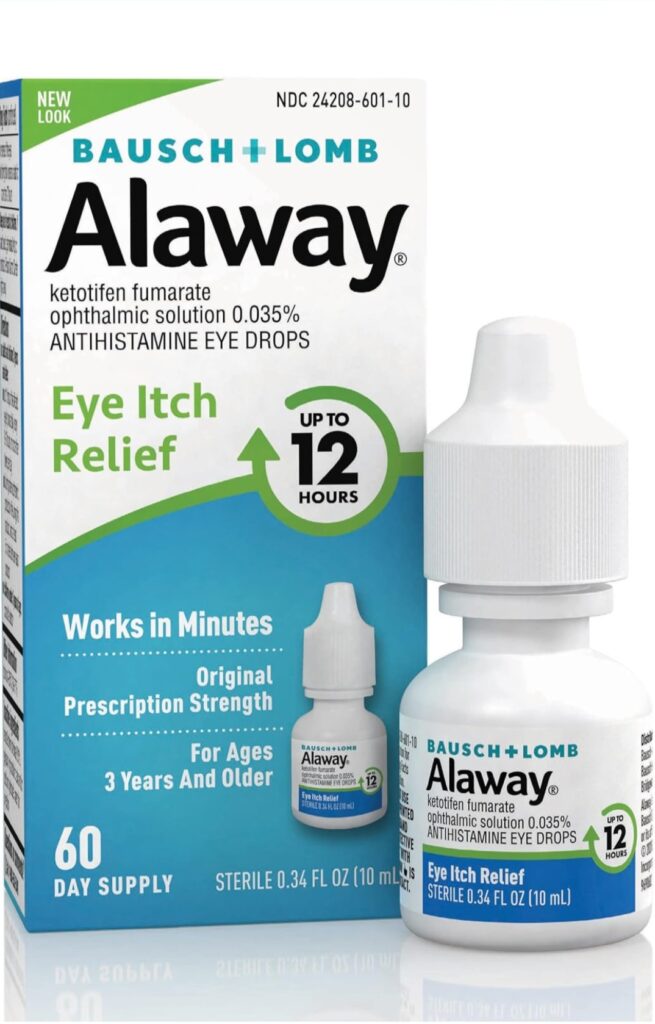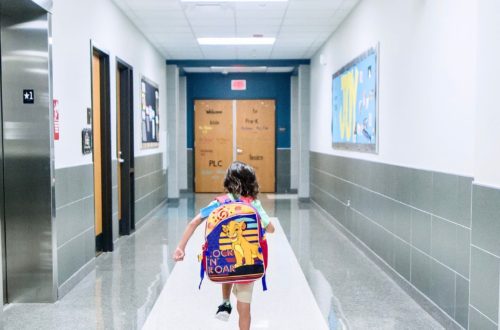
How To Manage Your Child’s Seasonal Allergies
It was a beautiful spring day and we were standing outside waiting on dance class to start. Niya sat on a bench and a few minutes later, I noticed her rubbing her eyes terribly. She was rubbing so hard, she began digging, and then started crying from discomfort. When I pulled her hands down from her face, her eyes were so swollen and she was yelling, “Mommy, help!” Niya was suffering from seasonal allergies.
The bench was full of pollen and she sat right in the middle of it. I had to act fast. There was a Publix a few doors down, by this time, her eyes were so swollen she couldn’t really see anymore. I went straight to the Pharmacy’s counter and asked what I could give her that would work immediately.
Seasonal allergies can be tough on kids, and they can take adults down too! The most important thing with allergies is to stay consistent. The body needs medicine or holistic ways to help it become immune to the specific allergen.

Seasonal allergies is an allergic response to pollen from trees, grasses and weeds. The allergic response usually results in symptoms like sneezing, runny or stuffy nose, itchy eyes, throat or ears and red or watery eyes. You will notice these symptoms are most prevalent during spring and fall.
Before taking any medication, always consult with your doctor or pharmacist.
When I went to the Pharmacist to try to alleviate Niya’s swollen, itchy eyes, she prescribed Alaway. This medication is designed to work in minutes. And it really did! Within a few minutes of dropping the eye drops in Niya’s eyes, the swelling began to go down and the itching began to cease. Thank goodness, because she was looking like I was going to have to take her to the ER. Now, I just make sure I give her the eye drops twice a day and she has been fine. Other medications that work well are Zyrtec, Xyzal, Flonase and Claritin.
Before I started blogging, I worked as an Allergy Specialist in a pediatric office. The most common issues I found with kid allergies was not taking the medication consistently. You have to build an immunity to the allergen and this is done by allowing the medication to have enough time to work by consistently taking it. So be consistent with taking the medication. The medication works by allowing the body to fight off the allergen and become immune to it, to a certain degree, that the pollen no longer produces symptoms, or at least minimizes them.
Non medicated ways to manage seasonal allergies.
Try to avoid contact with pollen as much as possible. Don’t drive with the windows down. Check the pollen count and on days that are high, try to keep your child inside. Wash hands frequently and always remind them to keep their hands out their face. Wash bed sheets more often and if they have played outside, change their clothes when they come in and shower right away to get all the pollen off. Stay hydrated to help thin out mucus and use an air filter in the house. Another thing I found that helps is raw, local honey, but it has to be raw. Having the honey comb in it is even better. Honey is a cure for a lot of things and it works well on seasonal allergens as well. Give 1 to 2 teaspoons a day for allergen relief.
If symptoms are really bad, you may need to see a doctor to get allergy tested and go through Immunotherapy, which is a personalized medical treatment, where medication is created based off your child’s specific allergen results.
I hope this information helped as you try to tackle your child’s seasonal allergies. Happy Spring!!





